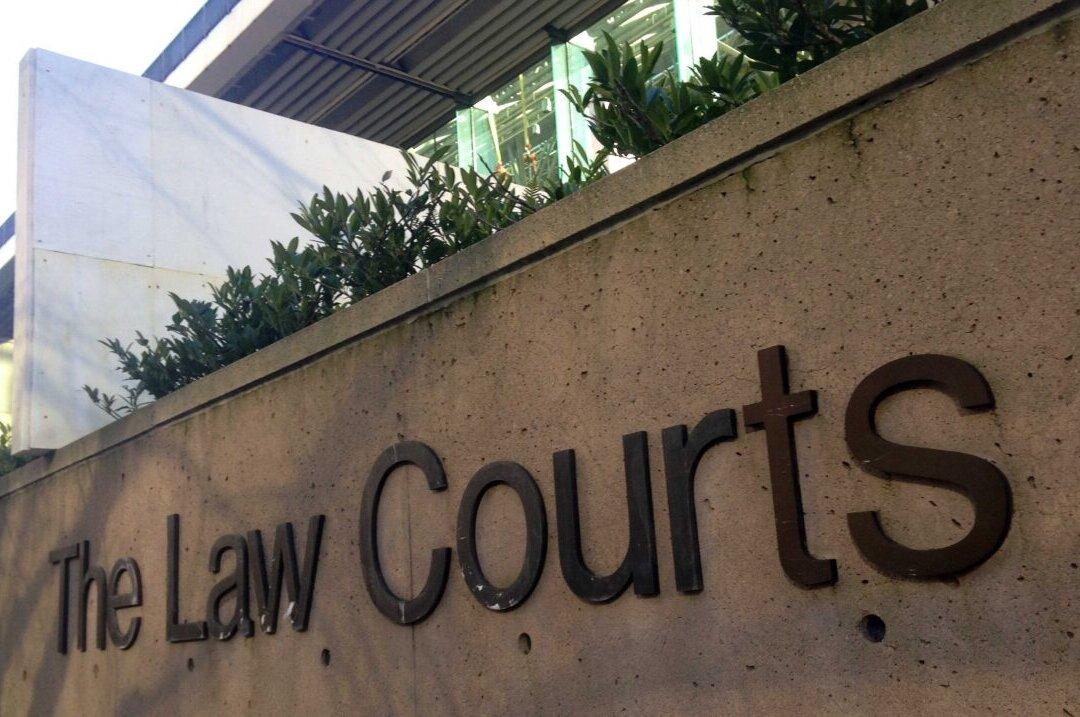A British Columbia man who won a $2-million jackpot while participating in a workplace lottery pool is not required to split his winnings with his co-workers, a B.C. Supreme Court judge has ruled.
B.C. Supreme Court Justice Y. Liliane Bantourakis ruled Jan. 10 that the winning ticket belongs exclusively to Mandeep Singh Maan, granting him full rights to the winnings.





